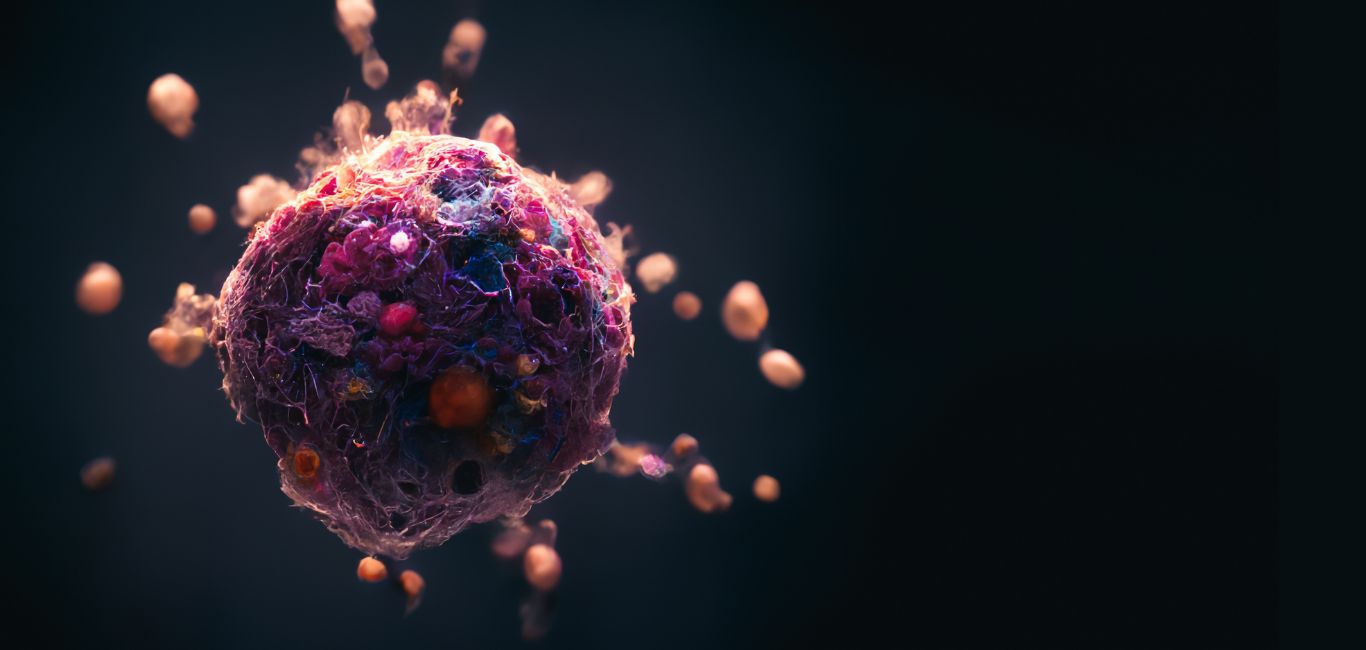
A treatment that involves genetically modifying the body’s own immune cells has been found to cut the risk of disease progression by 74 percent in people with a rare type of blood cancer.
The drug ciltacabtagene autoleucel — also known by its trade name Carvykti — was tested in a clinical trial involving 419 patients with multiple myeloma, who did not respond to the current frontline drug lenalidomide, a chemotherapy medicine.
“Lenalidomide has become a foundation of care for people with myeloma, but as its use has expanded, so has the number of patients whose disease will no longer respond to the treatment,” said oncologist Oreofe Odejide at the American Society of Clinical Oncology’s annual meeting, where results were presented.
Ciltacabtagene autoleucel “delivers remarkably effective outcomes compared to patients’ current options” and “can be safely used in the earlier phase of treatment,” added Odejide, an expert who was not part of the research.
Multiple myeloma affects a type of white blood cells called plasma cells, causing cascading harms to the bones, kidneys and immune health.
It affects seven people out of 100,000 every year, according to the Cleveland Clinic, with 100,000 people impacted in the United States. There is currently no cure, though progression can be stopped for a long time.
Risk increases with age, with men more likely to be affected compared to women, and Black people at higher risk than other races. Not everyone requires immediate treatment, and the disease may be monitored if the progression is slow.
In the new clinical trial, half the patients were randomly assigned ciltacabtagene autoleucel, while the other half received a cocktail of drugs representing the current standard of care, including chemotherapy and steroids.
“After a median follow-up of 16 months, the researchers found that ciltacabtagene autoleucel reduced the risk of disease progression by 74 percent compared to the standard-of-care treatments,” a press statement said.
Ciltacabtagene autoleucel is a type of chimeric antigen receptor (CAR) T-cell therapy, a newer form of treatment.
CAR T-cell therapy involves removing the patient’s disease fighting T cells and genetically engineering them in a lab, so they have specific proteins known as receptors that, once returned to the body, will seek out and destroy cancer cells.
Nearly all the patients in both groups experienced severe to life-threatening adverse events, including infections and low blood cell counts.
Three-quarters of the patients on ciltacabtagene autoleucel developed cytokine release syndrome, in which the immune system is sent into overdrive. It can affect multiple organs and cause death.
Around five percent of the patients on ciltacabtagene autoleucel developed immune effector cell-associated neurotoxicity syndrome (ICANS), which affects a person’s nervous system.
Next, the researchers will continue to follow the study participants to determine long-term effects and impacts on quality of life.
The clinical trial was funded by Janssen Research & Development and Legend Biotech, USA.

















